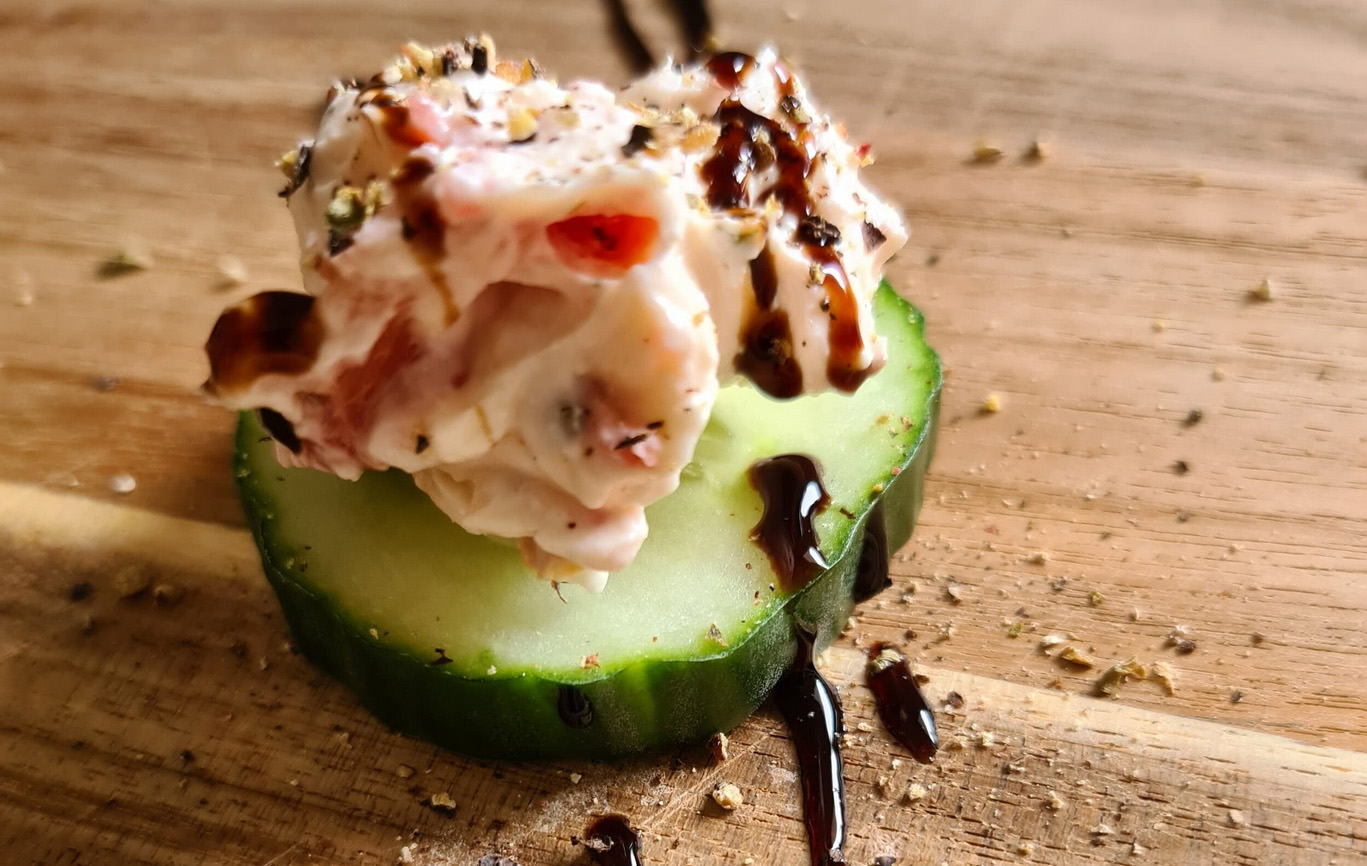Should I quit sugar?
With another chocolate-filled Easter behind us, the sugar-question is re-surfacing. Should we quit sugar?
Where did it begin?
Back in 1793 a military surgeon prescribed a low carbohydrate, thus including sugary foods, to two soldiers with diabetes. So we know it’s not a new concept. But quitting sugar really gained popularity around 2008 with Sarah Wilson’s I Quit Sugar and David Gillespie’s Sweet Poison. In fact, when I googled, “How to quit sugar?” 64 million results came up.
A Very Sweet Australia
We are a population of sweet teeth, eating around 105g of sugar (both natural and free sugars) each day. Of this, over half (14 teaspoons in fact) are free sugars which includes any added sugars (i.e. cakes, chocolates, lollies, soft drinks etc.)but also sugars found in fruit juice and honey. The remaining 45g of our sugars come from the natural sugars in fruit and milk. Interestingly, half of our free sugars come from sugary drinks like soft drink.
What’s the harm?
Eating too many added (or free) sugars can contribute to weight gain, which in turn may increase some people’s risk of health problems like heart disease and diabetes. High sugar intake is also linked to a higher risk of tooth decay.
So should we quit?
Given the related health concerns, it can be easy to jump to the conclusion that we should avoid all sugar. For some people, this may be a realistic, easy and healthy decision. You can also be healthy AND include some sugar in your diet.
1. Natural sugars
Many foods naturally contain an amount of sugar. Carbohydrates also breakdown into sugars in the body. Often trends like quitting sugar look at just one aspect of a food (in this case the sugar content) when actually mostfoods contain a wide variety of nutrients. For example, an apple has around 20g of sugar. It also has Vitamin C, fibreand potassium- nutrients essential for health. Equally, a glass of full cream milk has 12g of sugar. It also has lots of calcium, protein and some B vitamins. It is important to look at a food as a whole to weigh up its pros and cons.
2. Added sugars
We know that limiting those added sugars is better for health. Australians do need to reduce the amount of added sugars we eat. But, humans don’t just eat for nutrition to survive. Food is involved in nearly all celebrations and gatherings- birthday cake, the fast-breaking feast after Ramadan, Easter chocolate…just to name a few. We also use it as a nurturing tool- self-soothing after a stressful day, rewarding your child for a job well done, a romantic meal to support a loving connection. In the short term, food is a valid and useful tool in these situations.
So…should we quit?
In my opinion, for what it’s worth, I don’t see reason to quit any sugar- whether it be natural sugars in a nourishing fruitor the sugar added to a decadent dessert shared between two. Some foods nourish our physical self and others nourish our soul. What I do think, is that we need to find a better balance. That if food (or drinks) are our ONLY tool to relieve stress or sadness, to reward or show love, then to develop some alternative tools for the toolbox. So that sometimes we do use food. But other times we practice meditation to unwind, a listening ear to debrief, a loving touch to comfort or dedicated time to reward a kid for a job well done.



